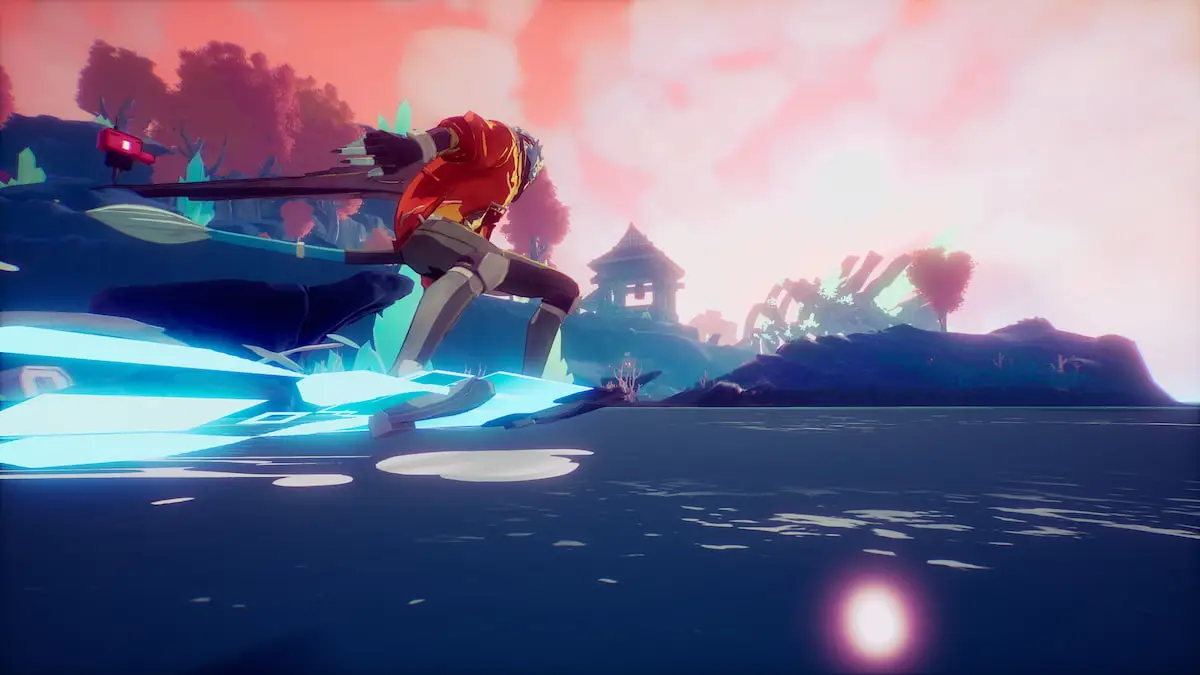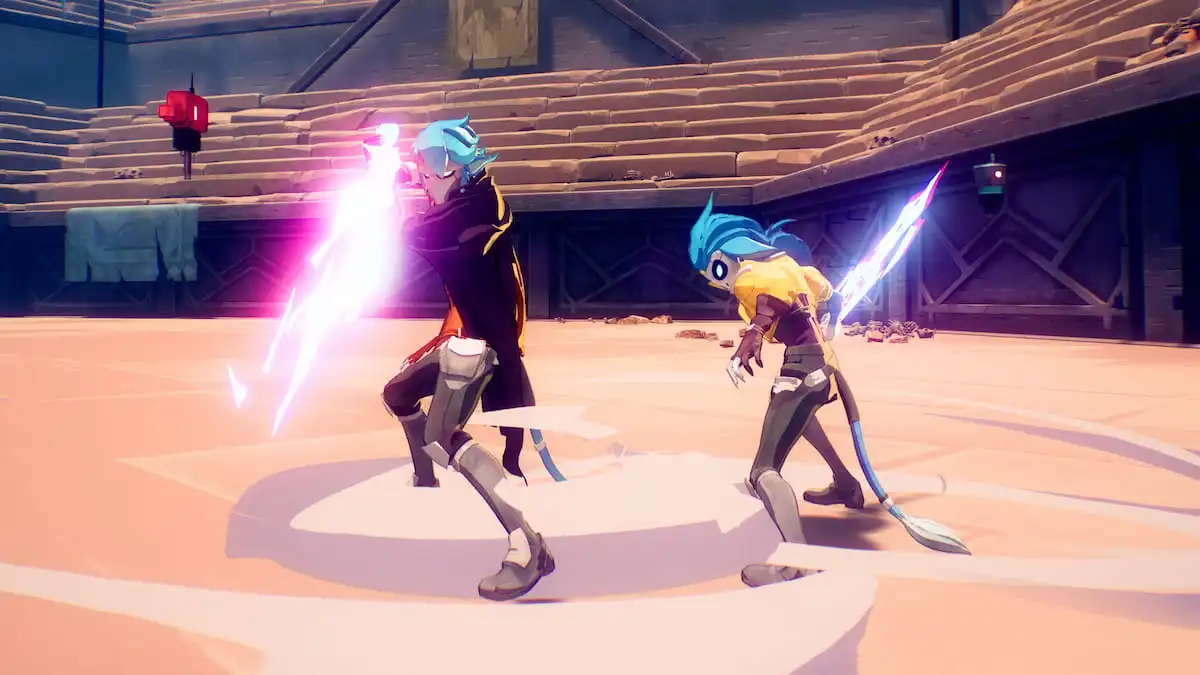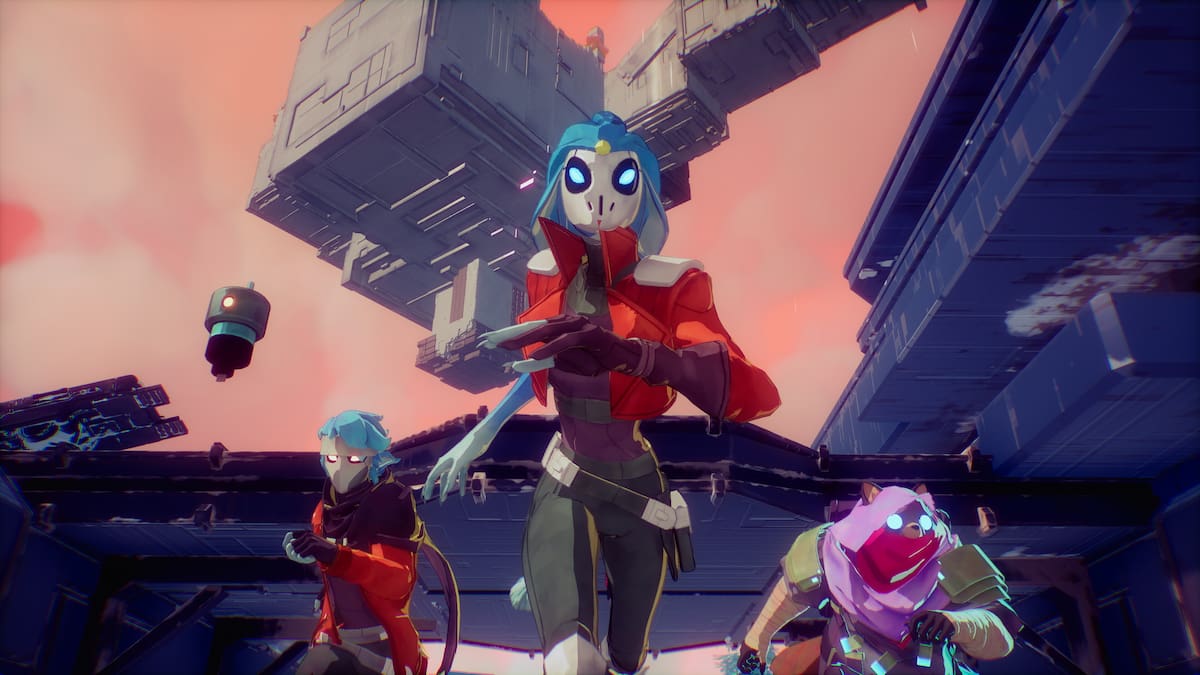The $2.2 million Riot World Championships concluded the group stage portion of the tournament in Singapore just a few days ago.
The group stage ended with drama and excitement as teams raced to qualify for the quarterfinals beginning this weekend. Groups C and D were filled with League of Legends superstars, giving us a chance to see the best players in every region clash head-to-head.
Which players stood out in the group stage? Who put up the best performances statistically? We delved into the stats to find out

The top lane was filled with superstars in Group C and D. OMG’s Gao “Gogoing” Di-Ping, Fnatic’s Paul “sOAZ” Boyer, Cloud9’s An “Balls” Le, and Najin White Shield’s Baek “Save” Young-Jin are all legends, largely considered the best top lane talents in their regions. So who managed to stand out?
Baek is one of the last “carry” top laners, and his stats showed it. He posted the top CSPM and GPM numbers while killing nearly twice as many foes as the next best top player. His damage share fell behind Le and LMQ’s Xiao “Ackerman” Wang, but his damage per minute was the top in the top lane at 421.96 DPM. Najin White Shield also feed Baek: He received 15.31 percent of his own jungle, by far more than any other top player and only rivaled by Gao.
But Baek wasn’t the only standout.
Alliance’s top laner Mike “Wickd” Petersen actually had a standout performance. He posted a 5.33 KDA, best in the top lane, backed by CSPM and GPM numbers just behind Baek. Petersen decimated his foes in farm at the 10, 15 and 20 minute marks. But those numbers don’t tell the full story with Petersen. He benefited from his extreme high games on Irelia, but played some insane lows. His 277.91 DPM was actually last out of all top lane players.
Choi “Acorn” Cheon-ju also put up great numbers. The Samsung Blue laner has a reputation for his impeccable teleports, always showing up in the right place at the right time. He posted a 5.15 KDA with one one of the lowest damage numbers of top laners, 290.15 DPM, but that’s okay when its effective damage on tank champions. Choi controlled his lane, posting a positive CS differential at every stage of the game.
As for the other Western players, Le put up a big performance for Cloud9. His 26.30 percent damage share was the highest for any top lane player, posting a solid 364.86 DPM.
Fnatic and LMQ’s top players show why it’s hard to judge performance in this sample size. Both did great damage and posted top three damage shares from the lane, but both had poor KDA and poor GPM numbers. Wang had a dismal 1.48 KDA with the lowest GPM of any top player at 278.99 GPM, even below KaBuM E-Sports’ Pedro “LEP” Marcari. Part of the explanation is the reliance on Rumble, who was often shut down in lane but still showed up in team fights with the mighty Equalizer.

The junglers in Group C and D showcased a wide variety of styles.
Chinese jungler Yin “LoveLing” Le receives praise for being China’s best jungler, and he showed why with his play. Le put up a solid 3.71 KDA and a 303.36 GPM, second in the this stage. But more impressive was how he got there—OMG relied on Le to dish out damage and he delivered with 376.11 DPM, over 100 DPM higher than the next jungler, a 22.77 percent share on his team. Le did that with an aggressive counter-jungle style, with 28.52 percent of his jungle farm coming in enemy territory, by far the highest number. That allowed teammates like top laner Gao to take a larger percentage of OMG’s own jungle.
Samsung Galaxy Blue’s Lee “Spirit” Da-yoon may not get a lot of hype, but he put together a solid set of games for the top team in the world. Lee posted a ridiculous 9.86 KDA, by far the best at his position, thanks to dying only 7 times in 6 games. That allowed him to top jungle GPM with 326.7 while posting solid counter-jungle numbers.
Cloud9’s William “Meteos” Hartman and Alliance’s Ilyas “Shook” Hartsema played more farming styles, taking about 65 percent of their own jungle minions to put up about 300 GPM. Both posted solid kill and damage numbers for the position considering their champion selections.
One interesting stat: wards killed. Both Korean junglers, Lee and Najin White Shield’s Cho “watch” Jae-goel, killed over 70 wards. The only non-Korean jungler to do so was Hartman, with other junglers killing less than 50. The Koreans and Hartman clearly put a focus on vision control. Hartman spent more than 10 percent of his gold on wards, and all three placed at least 0.74 ward per minute.

The mid lane was filled with superstars in Group C and D, with the best mids in Europe, China, and Korea going head-to-head.
It really was a pick-your-poison situation in mid lane. Bae “Dade” Uh-jin might be the best mid in the world, and he played like it. He posted 35 kills in six games, tops in the stage for mids, while posting 411.05 GPM, also the top tally. But his damage number, 444.89 DPM, was only average—he spent much of his time cleaning up kills for Deft, or picking off the enemy assassin on the side lane. Bae only had 22.52 percent of his team’s damage.
Dade’s Korean counterpart Yu “Ggoong” Byeong-jin of Najin White Shield did even better, though he got to pad his stats against KaBuM. Ggoong obliterated the group stage with a whopping 9.57 KDA, nearly twice that of the next ranked mid laner. His 403.14 GPM ranked only behind Dade, and his CS differential was top in the group.
Europe’s two superstars, Henrik “Froggen” Hansen and Enrique “xPeke” Cedeño Martínez , both had solid showings. Hansen posted the second best KDA at 5.1 while outfarming every other mid with 8.92 CSPM, leading to the third best gold mark of 390.6 GPM. Hansen put up 485.06 DPM, but it was 31.47 percent of his team’s share. Fnatic relied on xPeke even more. He did more damage than any other mid at 582.56 DPM and dominated his lane against some of the best players on the planet, posting big positive CS differentials.
One of the bigger disappointments at the event so far is Yu “Cool” Jia-jun. The Chinese mide laner was only average despite being hyped as a possible MVP contender. In fact, Cool did less damage than any other mid in this stage, 362.88 DPM, posting the lowest share of any player. For someone famous for single-handedly destroying entire games on Yasuo, OMG will need more in the playoffs.
Cloud9’s Hai Lam also had a stat line that could leave some to be desired, though it’s the kind of performance we’ve come to expect from teh team’s field general. Lam was heavily outfarmed in every game and was the only mid laner to suffer more deaths than kills, with a poor 1.93 KDA. But Lam was also the driver for his team in many cases. He put up 545.59 DPM, third in the group behind xPeke and Ggoong, with over a 30 percent damage share. Lam is good at initiating fights and getting the damage down so the rest of his team can clean up.

Much like the top and mid lane, the marksman position was filled with superstars.
Samsung Blue’s Kim “deft” Hyuk-kyu showed why many consider him the top at the position on the planet. He rocked his group with a 7.55 KDA and 411.12 GPM with a whopping 50 kills over six matches. But the real insanity was his damage. Kim posted a ridiculous 887.09 DPM, nearly twice that of his peers in the group and higher than anyone from the previous group stage. That was good for 44.90 percent of Samsung Blue’s damage. They truly rely on Kim to carry, and he delivers.
One interesting thing about Kim’s performance: His CS differential in lane actually lagged behind his foes, and his CSPM was second to last in the group. A large part of that comes down to champion selection, as Twitch often struggles to pick up CS in lane but is a damage monster come mid and late game. But it goes to show you that lane numbers don’t mean everything.
Europe’s top marksman, Martin “Rekkles” Larsson put together a solid tournament while dominating his lane, posting 41 kills, second in the group, and the top CSPM and GPM numbers at 9.34 CSPM and 414.2 GPM. His damage numbers were also good—his 532.15 DPM ranked second in Group C and D, but it was in the same stratosphere as the other players, not in heavenly territory like Kim.
No other marksmen truly stood out for better or worse in Group C and D, though Cloud9’s Zachary “Sneaky” Scuderi had a very solid tournament. China is famous for its marksmen, but OMG’s Guo “San” Jun-Liang and LMQ’s Li “Vasilii” Wei-Jun were a step behind players like Scuderi and Najin White Shield’s Lee “Zefa” Jae-min.

Support numbers are tough to analyze, considering much of their performance doesn’t show up in simple statistics. Najin White Shield’s Kang “GorillA” Beom-Hyeon, for example, carried games with his amazing Thresh play. But all of his hooks and flays and catches don’t show up in the stats in any significant way. Most of the top supports hovered around 250 GPM, with around a 3.5 KDA. Samsung Galaxy Blue’s Lee “heart” Gwan-hyung is the only outlier with a ridiculous 7.5 KDA, but you can chalk part of that up to the Deft effect.
One key part of support player is vision control. No one focused on that more than Fnatic’s Bore “YellOwStaR” Kim. He spent 17.75 percent of his gold on wards, placing 1.8 per minute, both the top mark in the group. Kim also killed 133 wards, by far the most of any player this stage.
Cloud9 support Daerek “LemonNation” Hart was an interesting statistical outlier. Hart played four games on Janna and two on Morgana and seemed to focus a little more on damage than his fellow supports. He posted 187.52 DPM, nearly 50 percent more damage than any other support, and was the only player in his role to top 10 percent damage share. Hart did 0.67 damage for every point he received, a mark that more than doubled the average for supports. He was also an oddity in vision control. He killed more wards on average than anyone but Fnatic’s Kim, but he also placed far less. Hart only spent 5.07 percent of his gold on wards, instead relying nearly solely on his sightstone. He only placed 0.98 wards per minute, leaving his team to pick up more of the vision slack. It’s a different take on the support role than most teams.
Group C and D contained some of the most explosive talent in the tournament, and just one punching bag team in KaBuM E-Sports. But even KaBuM got their blows in by taking out Alliance.
The numbers show that the differences in many of these players come down to teamplay and team style than anything else, save for maybe Samsung Galaxy Blue’s ridiculous Deft, whose performance was head and shoulders above any other player in the group.
Superstars like Dade also put up big numbers, but he did so on the back of Deft and the rest of his solid team. Cloud9 will need to figure out a way to shut Deft down if they hope to have any chance of advancing past the quarterfinals.
Overall the level of play and individual talent in each region is probably a lot closer than it seemed before worlds. Whether that changes in the group stage, we’ll just have to wait and see.






Published: Oct 2, 2014 10:41 am